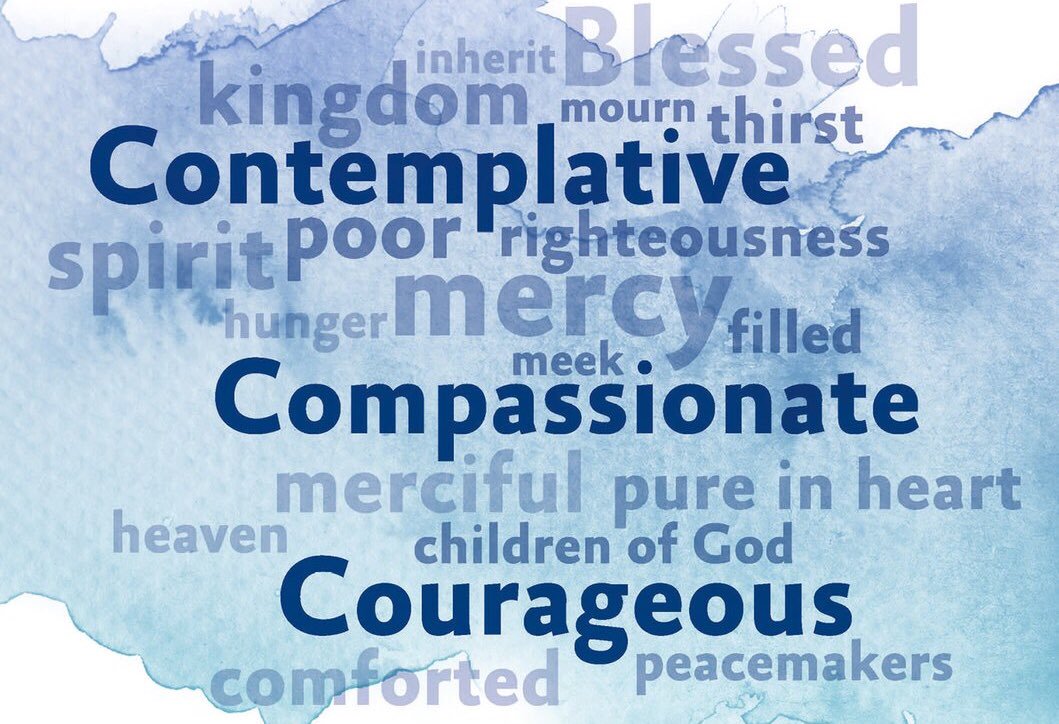COVENANT 20 – A CHOSEN PEOPLE
Sacramental ministry within the Coworkers of Christ flows from our understanding of the sacraments as outward and visible signs of inward and spiritual grace, instituted by Christ to nourish and strengthen our relationship with God. While ordained clergy are essential for celebrating certain sacraments, lay members also play a vital role in preparing individuals for sacramental reception, fostering a deeper understanding of their meaning and significance. This may involve catechesis, spiritual accompaniment, and prayer support for those preparing for baptism, confirmation, marriage, or other sacraments. Furthermore, all members are called to live a sacramental life, embodying the grace received in these sacred rituals through acts of love, service, and justice in the world. We believe that the sacraments are not isolated events, but rather integral moments within a continuous journey of faith, and that lay ministry contributes to making these moments truly transformative.
While lay sacramental ministry focuses on preparation, accompaniment, and living a sacramental life, the Coworkers of Christ also recognizes the essential role of ordained sacramental ministry. Ordained ministers, by virtue of their sacramental ordination, are uniquely called to preside at the celebration of the Eucharist and other sacraments, acting in persona Christi (in the person of Christ). Their ministry is crucial for ensuring the valid and fruitful celebration of these sacred rites, providing spiritual leadership and guidance to the community. The Coworkers of Christ value the collaboration between ordained and lay ministers, recognizing that both are necessary for the full expression of sacramental life within the community. This collaborative approach allows for a richer understanding and experience of the sacraments, drawing upon the diverse gifts and charisms of all members.
For those who feel called, the path to ordination within the Sacramental Community of the Coworkers of Christ is a rigorous and deeply spiritual journey. It begins with the reception of the Celtic tonsure, a symbolic act of self-surrender and a commitment to serving as a slave of Christ. This is followed by a progression through the Minor Orders, each stage offering opportunities for deepening discernment and spiritual growth. Through prayer, study, and practical service, the candidate, guided by the community, is carefully assessed for their suitability for ordained ministry.
The discernment process is absolutely crucial throughout the journey towards Minor Orders and Holy Orders. It’s not just about determining if someone is “qualified” but about ensuring their call is genuine and rooted in God’s will. Each stage, from Porter to Priest, provides opportunities for deep reflection and prayerful consideration. Through spiritual direction, community input, and personal introspection, candidates are encouraged to honestly assess their motivations, their strengths and weaknesses, and their suitability for the demanding responsibilities of ordained ministry. Discernment helps to ensure that those who are ordained are truly called by God and are prepared to serve faithfully and effectively in the Church.
Porter: The first step, the Order of Porter, emphasizes service and humility. The candidate learns the importance of hospitality, welcoming others into the community and attending to their needs. This stage highlights the foundational importance of serving others as an essential aspect of Christian discipleship.
Lector: As a Lector, the candidate focuses on the proclamation of God’s Word. They are trained in the art of reading Scripture aloud with reverence and understanding, emphasizing the importance of clear and faithful communication of God’s message. This stage fosters a deeper appreciation for the power of God’s Word in transforming lives.
Exorcist: The Order of Exorcist emphasizes the spiritual struggle between good and evil and the role of sin. It does so by focusing on healing through the Cure of the Soul. While not solely focused on literal exorcisms, this stage emphasizes the importance of spiritual discernment to identify and address the root causes of spiritual maladies – sin, temptation, and the influence of evil. It highlights the importance of prayer, spiritual warfare, and the administration of the sacraments as tools for liberation and healing, enabling individuals to overcome spiritual obstacles and experience the fullness of life in Christ.
Acolyte: As an Acolyte, the candidate assists in the preparation and celebration of the Eucharist. They learn the liturgical rites and participate in the sacred mysteries, deepening their understanding of the significance of the sacraments in the life of the Church. This stage fosters a profound sense of reverence and awe for the sacred mysteries.
Sub-deacon: The Order of Sub-deacon focuses on service to the altar and the needs of the community. The candidate assists the deacon in various liturgical functions and learns the importance of practical service and attention to the details of worship. This stage emphasizes the importance of diligent service and attention to detail in all aspects of ministry.
Deacon: Ordination to the diaconate marks a significant step in the journey. Deacons are ordained to serve the Church through ministries of service, such as preaching, teaching, and assisting at the altar. They are called to be servants of the Gospel, bringing the love and mercy of Christ to the world.
Priest: The general culmination of the journey is ordination to the priesthood. Priests are called to offer the sacrifice of the Mass, to preach the Gospel, and to shepherd the flock of Christ. They are entrusted with the sacred mysteries and called to be instruments of God’s grace in the world.
Bishop: The Consecration of a Bishop within the Sacramental Community of the Coworkers of Christ, reserved solely for the office of Minister General, is approached only through a rigorous and discerning process. The candidate for this office will be well vetted. Evidence of years of prayerful reflection, rigorous theological study, and dedicated service should precede this momentous occasion. The community meticulously examines the candidate’s character, their commitment to the Gospel, and their ability to lead with humility, wisdom, and compassion. This discernment ensures that the individual chosen to bear the weight of episcopal leadership possesses the spiritual maturity, theological depth, and unwavering faith necessary to guide the Community on its sacred journey.

